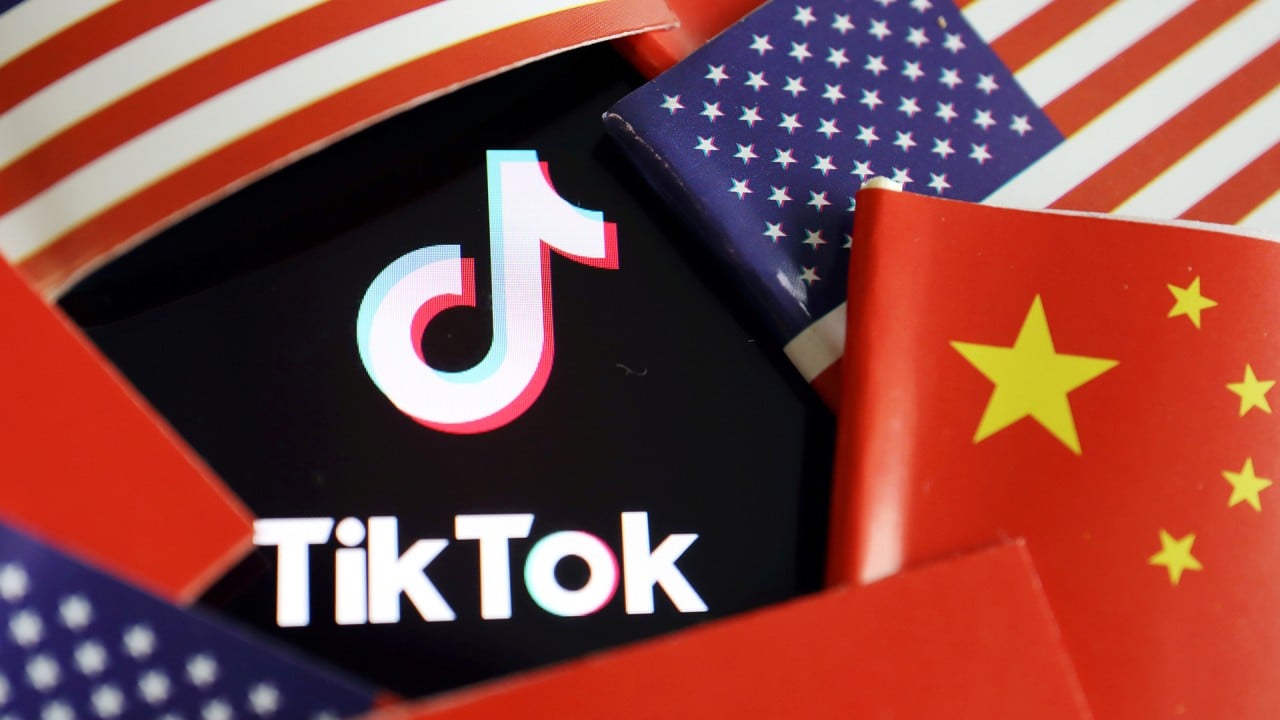
06:35
US demands for TikTok may escalate decoupling and hurt businesses, says China expert

TikTok owner ByteDance has received a mixed reaction in its home market for suing the United States government over an executive order that would ban its popular short video service in the world’s largest economy.
Beijing-based ByteDance on Monday filed its lawsuit in federal court for the Central District of California against US President Donald Trump, the Department of Commerce and Commerce Secretary Wilbur Ross in the strongest opposition yet to the executive order on August 6, which singled out TikTok as a national security threat.
Another executive order signed by Trump on August 14 directed ByteDance to divest its TikTok operations in the US within 90 days.
Public opinion in China, however, about ByteDance’s legal challenge remains mixed, with many netizens saying the company “has no backbone” and only “decided to fight when there was no way out”. Some referenced recent reports that American tech giants Microsoft Corp and Oracle had held separate talks with ByteDance on a deal to buy TikTok’s business in the US, Canada, Australia and New Zealand.
“If you fight in the first place, everyone will support you. But you bowed your head and knelt down to the US, which made the public hate you,” said a Weibo user named “Jiujiuerwangfugui’ whose comment has been liked more than 30,000 times on the local microblogging site. “Now you’ve realised there is no way other than to resist because all you have gained from the US are more severe sanctions. Do you think people are willing to support your soft backbone?”

06:35
US demands for TikTok may escalate decoupling and hurt businesses, says China expert
Those who support ByteDance on China’s social media argued that the TikTok owner needed more encouragement and gave the company credit for standing up against the Trump administration.
“If they are punished by public opinion, it will not be fair to them,” wrote Hu Xijin, editor-in-chief of state-owned Chinese nationalist newspaper Global Times, in his Weibo post on Monday. “It will not leave a good impression on other Chinese companies that enter overseas markets.”
A spokeswoman for ByteDance said on Tuesday that the company had no comment on the issue.
Public opinion over ByteDance’s fight with Washington is in stark contrast to the strong support received in China by Huawei Technologies, which was blacklisted by the Trump administration last year and had more trade sanctions imposed on it this year.
“Huawei has a very deep link to patriotism in China, while ByteDance doesn’t have that link,” said Zhang Dingding, an internet industry analyst and former head of Beijing-based research firm Sootoo Institute.
Meanwhile, Ministry of Foreign Affairs spokesman Zhao Lijian said on Monday that China supports TikTok’s move to “take up legal weapons to safeguard legitimate rights and interests”. He said some American politicians “view everything that comes from China as a red card and force ideological labels on Chinese companies.”
Even if the ByteDance lawsuit succeeds, the company still has to deal with the other executive order about divesting TikTok’s US operations – and some analysts said success here is likely a long shot.
“Presidential actions like the August 14 executive order are subject to extremely limited judicial review, so ByteDance is likely to have a difficult time overcoming these efforts to force divestiture,” said Nathaniel Rushforth, a US lawyer and cybersecurity specialist at Shanghai-based DaWo Law Firm.
Additional reporting by Celia Chen.